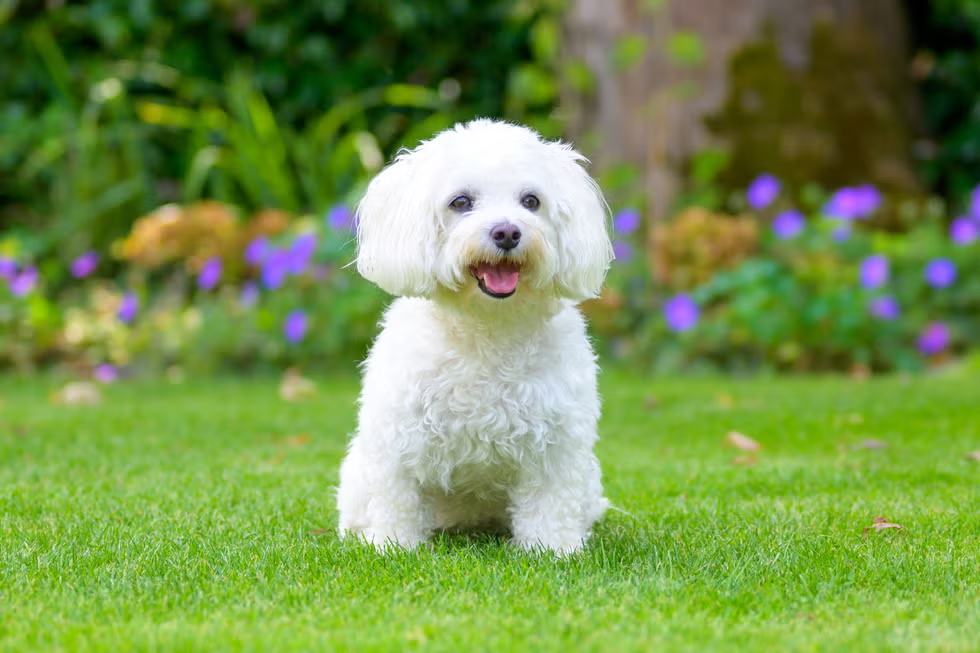Best Hypoallergenic Dogs for Families with Kids
When it comes to choosing the perfect family pet, many families consider the health and safety of their children as a top priority. For families with kids who suffer from allergies, finding a dog that won’t trigger allergic reactions can be a daunting task. Hypoallergenic dogs are often seen as the solution to this problem, as they are known to produce fewer allergens. This blog will explore the best hypoallergenic dogs for families with kids, helping you make an informed decision.
Understanding the Concept
The term “hypoallergenic” refers to substances that are less likely to cause an allergic reaction. With regards to dogs, breeds labeled as hypoallergenic tend to produce lower amounts of dander, saliva, and urine, which are common allergens. According to the American Academy of Allergy, Asthma, and Immunology (AAAAI), approximately 10% of the population is allergic to pets, and many of these individuals are sensitive to the proteins found in dog saliva and skin. Choosing a hypoallergenic breed can significantly reduce allergy symptoms, making pet ownership possible for those who previously thought it impossible.
Real-World Examples
Consider the story of the Johnson family from Denver, Colorado. Both parents suffered from mild allergies, and their son, Timmy, had developed asthma triggered by pet dander. After extensive research, they decided to adopt a Poodle, a breed known for its hypoallergenic qualities. Within weeks, they noticed a significant decrease in Timmy’s asthma symptoms, allowing him to engage more actively in family activities.
Another inspiring case is that of the Martinez family in San Diego, California, who were looking to adopt a dog for their two young children. The parents were particularly concerned about allergies, as their daughter Sofia had experienced allergic reactions in the past. They opted for a Soft Coated Wheaten Terrier. This breed not only proved to be hypoallergenic but also very gentle and playful, making it a perfect companion for their kids. Sofia’s allergies remained manageable, and the family enjoyed countless joyful moments together.
Benefits and Challenges
While hypoallergenic dogs can provide a solution for families with allergies, it’s essential to weigh the benefits and challenges involved in owning one:
- Benefits:
- Reduced Allergens: Hypoallergenic breeds produce less dander and saliva, making them more suitable for allergy sufferers.
- Family-Friendly: Many hypoallergenic breeds are known for their gentle and playful nature, making them great companions for children.
- Low Shedding: Many hypoallergenic dogs shed less, helping to keep homes cleaner and reducing the spread of allergens.
- Challenges:
- Grooming Needs: Some hypoallergenic breeds require regular grooming to maintain their coats, which can be time-consuming and costly.
- Socialization: Like all dogs, hypoallergenic breeds require socialization and training to ensure they are well-adjusted and safe around children.
- Individual Reactions: Even within hypoallergenic breeds, some individuals may still produce allergens that can trigger reactions in sensitive individuals.
Expert Opinions & References
To further support the information in this blog, several experts have weighed in on the benefits of hypoallergenic dogs. According to Dr. Susan Brown, a veterinarian and allergist, “While no dog is completely free of allergens, hypoallergenic breeds are a better option for families who want to minimize allergic reactions.”
Additionally, the Centers for Disease Control and Prevention (CDC) provide valuable information about managing allergies and asthma, emphasizing the importance of choosing the right pet for families with children who have allergies.
Moreover, a report by the American Academy of Allergy, Asthma & Immunology suggests that understanding the specific allergies in your family can be crucial when selecting a pet. They recommend consulting with an allergist before making a decision.
FAQs
Q1: Are hypoallergenic dogs completely free of allergens?
A1: No, hypoallergenic dogs are not entirely free of allergens, but they produce fewer allergens than other breeds. It’s important to spend time with a specific breed before bringing one home to see how your family reacts.
Q2: What are some of the best hypoallergenic breeds for families with kids?
A2: Some of the best hypoallergenic breeds for families include Poodles (standard, miniature, and toy), Bichon Frise, Maltese, Soft Coated Wheaten Terriers, and Schnauzers. Each of these breeds is known for their friendly nature and lower allergenic properties.
Q3: How can I help my child with allergies adjust to a new dog?
A3: Gradual exposure is key. Start by allowing your child to spend short periods with the dog while monitoring their reaction. Regular grooming and cleaning the dog’s environment can also help minimize allergens.
Q4: Are there any additional precautions I should take when adopting a hypoallergenic dog?
A4: Yes, it’s advisable to consult with an allergist to understand your child’s specific allergies, keep the dog out of certain rooms (like bedrooms), and use air purifiers to reduce allergens in your home.
Final Thoughts
Choosing a hypoallergenic dog for your family can be a rewarding decision that enhances the joy of pet ownership while minimizing allergy concerns. From Poodles to Soft Coated Wheaten Terriers, many breeds offer both companionship and compatibility with families who have allergies. By understanding the benefits and challenges, conducting thorough research, and possibly consulting with professionals, you can find the perfect furry friend for your household. Embrace the journey of pet ownership, knowing that with the right breed, you can create a loving and allergen-friendly environment for your children.
